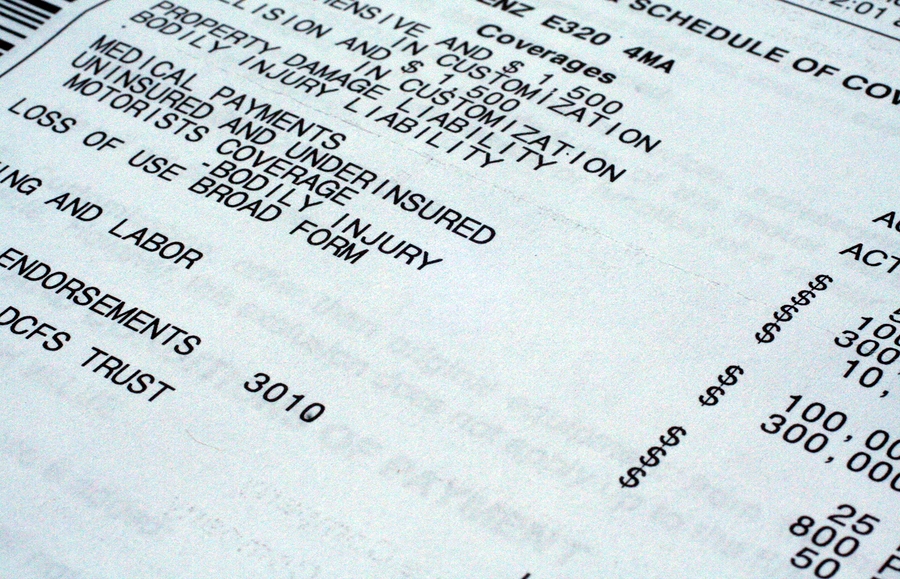
Insurance fraud is alive and kicking in Georgia, and that’s bad news for insurers and consumers alike. The Federal Bureau of Investigation reports that fraud costs the insurance industry about $40 billion per year (not counting health insurance fraud) and adds between $400 and $700 to a typical family’s annual insurance premiums. Insurance fraud can also result in lost money, ruined credit, and even injury and death.
The wide array of insurance fraud scams and scammers that can do significant direct damage to consumers includes auto insurance-related fraud. Here are some ways auto insurance scams work, and how to avoid them.
Vehicle Dumping via Cash Sale
Vehicle “dumping” (also known as “owner give-up”) is a type of insurance fraud in which scammers get rid of their cars intentionally and then report them stolen to their insurance company to collect insurance proceeds.
In the most typical “dumping” scenario, the vehicle owner disposes of the car by abandoning it or setting it on fire. Occasionally, however, a brazen scammer will actually sell a car to an unsuspecting buyer. In the “cash sale” variation, the scammer illegally profits twice, once from the cash buyer, and then from the insurance company.
The “cash sale” vehicle dumping scam harms the buyer in three ways. First, the buyer unwittingly drives around in a car that the previous owner reported stolen, which could result in auto theft charges. Second, the buyer may find the car difficult to insure or register, making it illegal to drive. And, third, even if the buyer can insure or register the car, the buyer and everyone else must absorb the cost of the fraud in the form of higher premiums.
If you’re in the market for a new or used car, avoid this scam by:
- Always buying from a reputable seller
- Always making sure you receive the paper title to the car, along with a bill of sale, and repair and service records
- Never paying for a car in cash
Auto Repair Scams
The Coalition Against Insurance Fraud warns of a host of scams carried out by unscrupulous garages on cars that were involved in accidents. Repair shops pull these scams to cash in on insurance coverage while denying quality service to customers. For example:
- Old/counterfeit parts: The repair shop puts old parts scavenged from other wrecked vehicles, or counterfeit parts masquerading as quality components, in your car, then bills the insurance company for brand-new and/or high-end parts.
- Airbag stuffing: Instead of replacing an airbag that has deployed, the repair shop stuffs packing materials, cans, paper, or trash into your airbag compartment and bills the insurance company for the full price of a new airbag.
- Phantom work: The repair shop bills the insurance company for work it never did.
Not only are these scams dishonest and illegal, they also pose horrifying hazards for unsuspecting drivers—shoddy repairs and fictitious work could injure or kill them. Not to mention that they directly result in higher insurance premiums. To protect yourself against repair shop scams, always visit reputable repair shops that provide a detailed summary of the work they’ve done and guarantee the quality of their parts and service.
The Three Red Flags
If you worry you’re not going to know when someone pulls an auto insurance scam on you, look out for these three red flags that could indicate auto insurance fraud.
- The deal seems too good to be true. If someone offers to sell you a low mileage Audi for the cost of a high mileage Chrysler, if only you pay cash, walk away.
- Your premiums went up after a visit to the repair shop. If you don’t know why your insurance company raised your rates, call your insurer.
- You suspect shady business. If a repair shop offers to pass savings on a part through to you, or claims the ability to “waive” your deductible, be wary.
Take Action
Auto insurance scams are not victimless crimes. They hurt good, honest, hard-working citizens every day. If you live in Georgia and think that you have fallen victim to one of these notorious insurance scams, report it to the Office of Insurance here.
To protect your legal rights and learn whether you can recover your losses or damages from an insurance scam, contact Brauns Law Accident Injury Lawyers, PC at 404-418-8244 or through our website for a free consultation.














